Report on the Deauville Partnership Conference
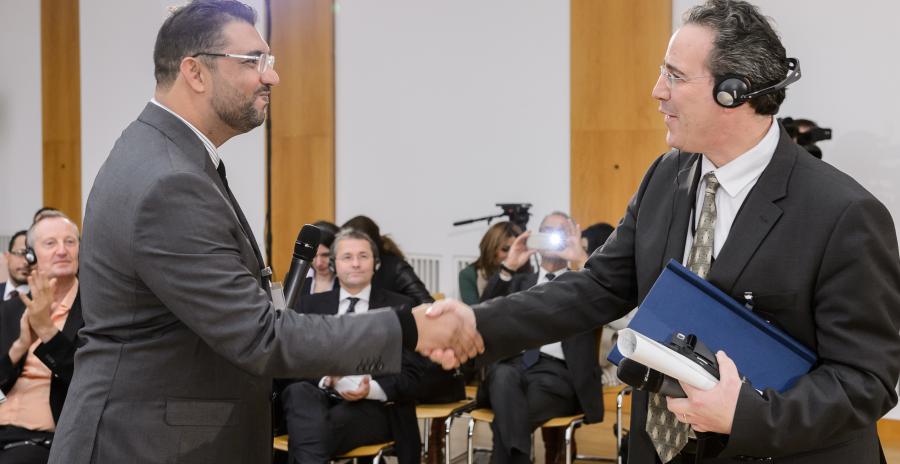
Participants shared their thoughts on the outcomes of the Deauville Partnership Conference in the Spring 2016 issue of zenith Magazine.

Participants shared their thoughts on the outcomes of the Deauville Partnership Conference in the Spring 2016 issue of zenith Magazine.

Around 100 representatives of civil society in 6 Arab countries in transition (ACT) have set the course for the future of the cooperation with the G7 member states. On Monday, November 30, they presented a document containing 40 demands and recommendations to governments, international financial institutions and the public at large. The delegates had compiled it during a 3-day conference in Berlin and ratified and submitted it to the German Federal Office on November 19.
قام أكثر من مائة ممثل للمجتمع المدني من ست دول من الشرق الأوسط وشمال إفريقيا بوضع أسس للتعاون المستقبلي مع مجموعة الدول الصناعية السبع المعروفة بـ G7. وقد تم تسليم النسخة النهائية من تلك الاقتراحات يوم الاثنين الموافق 30 نوفمبر/تشرين الثاني للحكومات والمؤسسات المالية الدولية وللجمهور. بينما اعتمد المشاركون خلال المؤتمر الذي استمر لمدة ثلاث أيام في مبنى وزارة الخارجية بالعاصمة الألمانية وثيقة تحتوي على ثمانية وثلاثين مطلباً وتوصية تم تسليمهم للخارجية الألمانية يوم 19 نوفمبر
At the Foreign Ministers’ Meeting on 25 September 2014 in New York the Deauville Partnership (DP) was called upon »to concentrate its efforts on jointly identified areas for priority action, such as institution- and capacity-building, good governance, regional integration, reforms to attract investment, promotion of small- and medium-sized enterprises, sustainable private sector development, and greater political and economic participation of women and youth«.
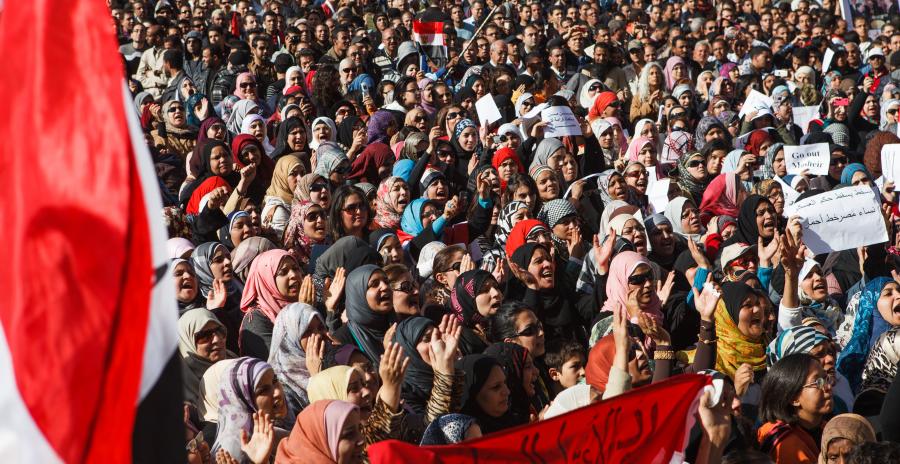
Deauville Partnership Conference »A Civil Society Outreach: Economic Governance - Social Justice«, 17th-19th November 2015 in Berlin, Germany
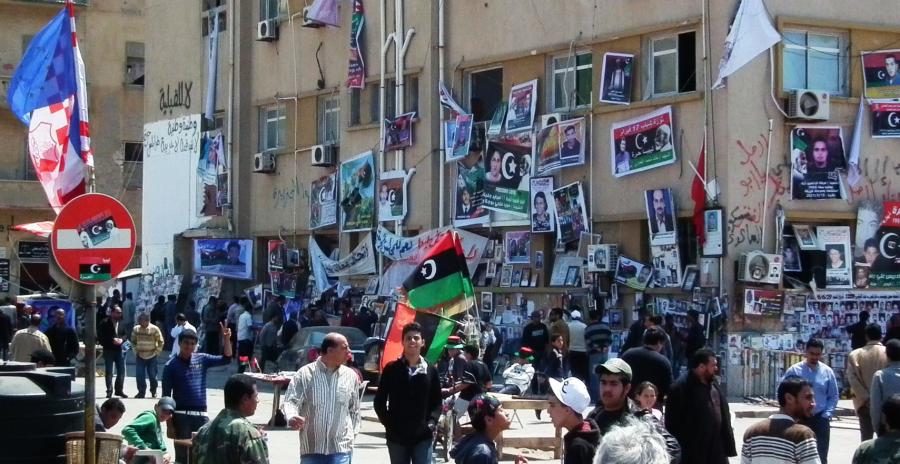
Neglected and fragmented areas in the Arab World present a special challenge for regional and international cooperation. How can non-state actors be integrated into the decision-making processes?
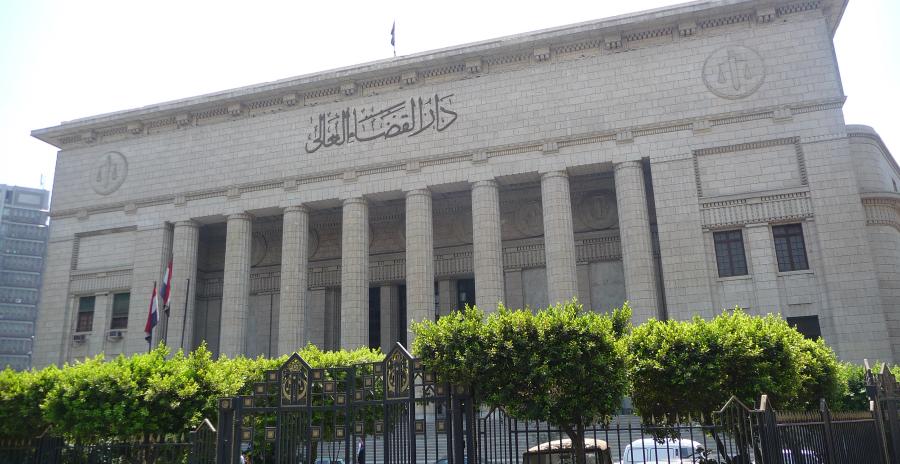
NGOs and trade unions need legal safeguards to fulfil their societal role in ACT countries. But who is to blame for their operational ambiguity and can new laws lay the foundation for a more inclusive political culture in the Arab world?
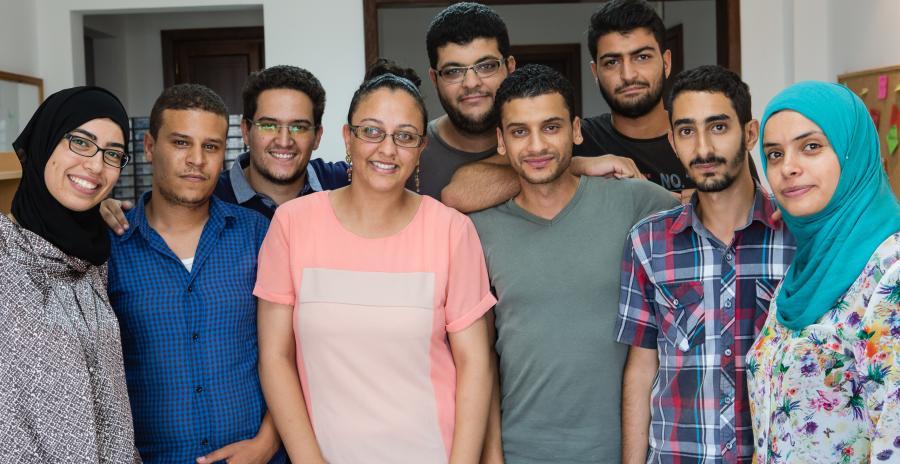
Often times, interests of civil society actors and entrepreneurs seem to be diametrically opposed. Imagine both groups came together, realised they had common interests and decided to join their forces – let us build a vision.
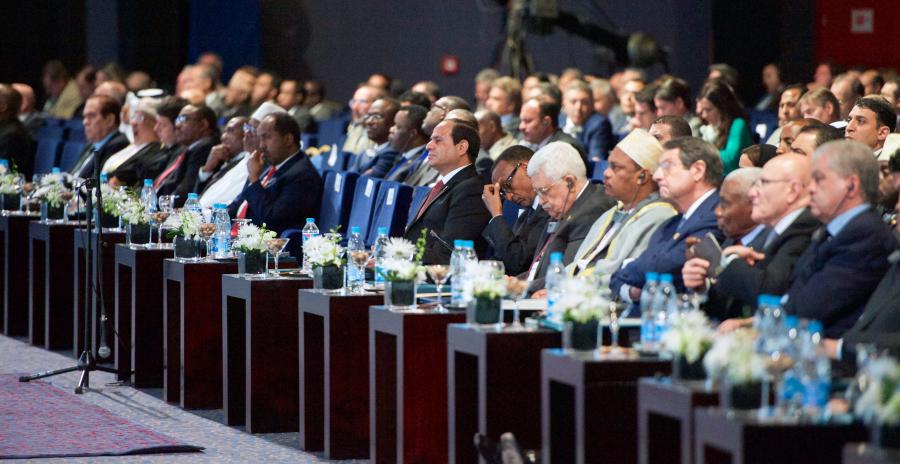
Budget planning in ACT countries is often tied to policy requirements. Is lending the right tool to initiate structural reform and what leverage should donors and recipients have when they negotiate the terms of economic governance? It is high time to define everyone’s expectations.
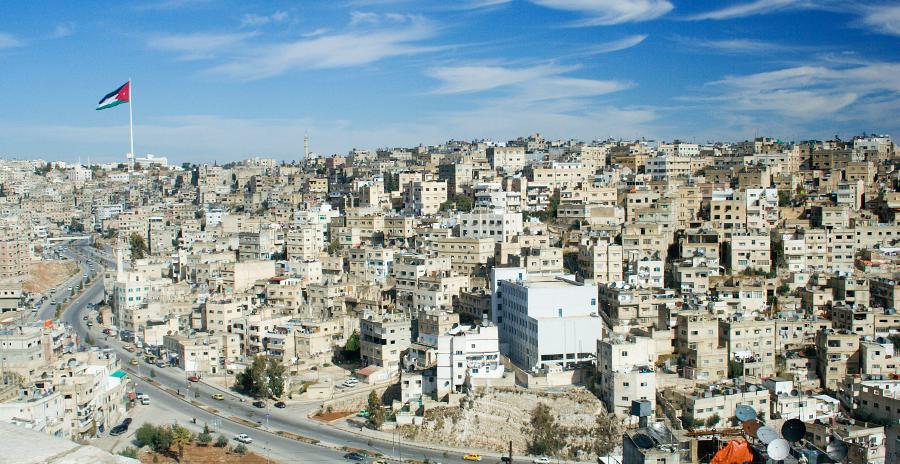
Like Morocco, Jordan is considered a country whose transition should transform it into an anchor for regional stability. And as with the North African monarchy, Jordan's path of reform from above has generally received positive reviews by its regional and international partners despite a constant change of low-profile governments who stand in stark contrast to the still popular figure of King Abdullah.
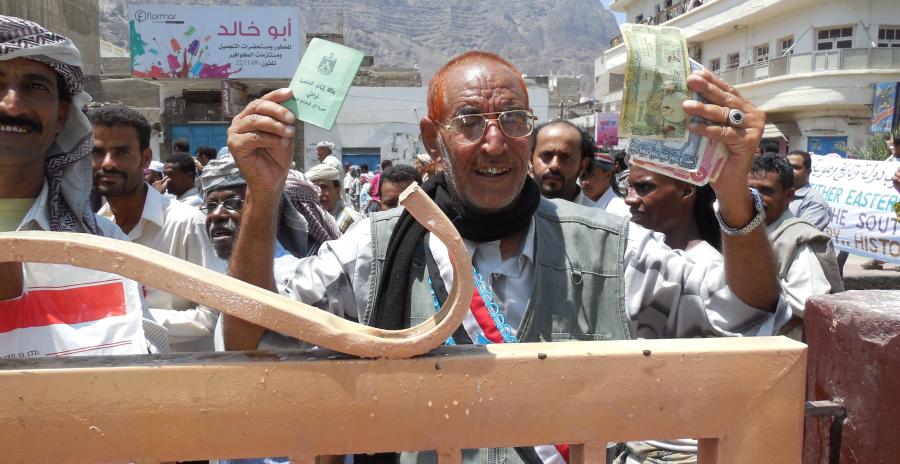
Yemen entered the »Deauville Partnership« after it embarked on a path to transition that saw long-time president Ali Abdullah Saleh seemingly removed from power in spring 2012. The Riyadh Accords, followed by the »National Dialogue Conference« and the election of Abd Rabbo Mansour Hadi as Saleh's successor were hailed as a major diplomatic breakthrough under the auspices of the Gulf Cooperation Council (GCC).

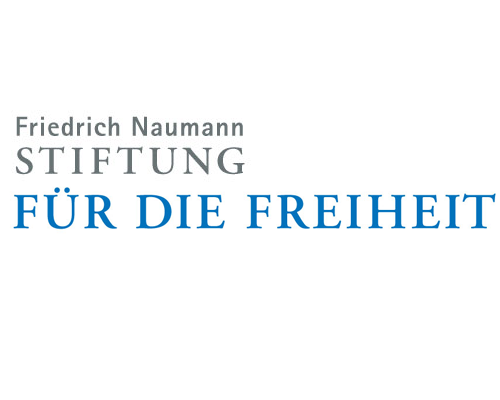


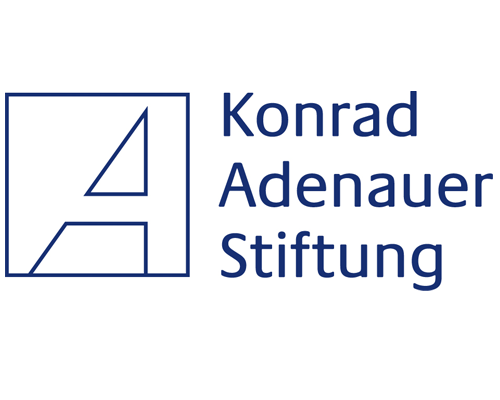

© CANDID Foundation gGmbH 2015